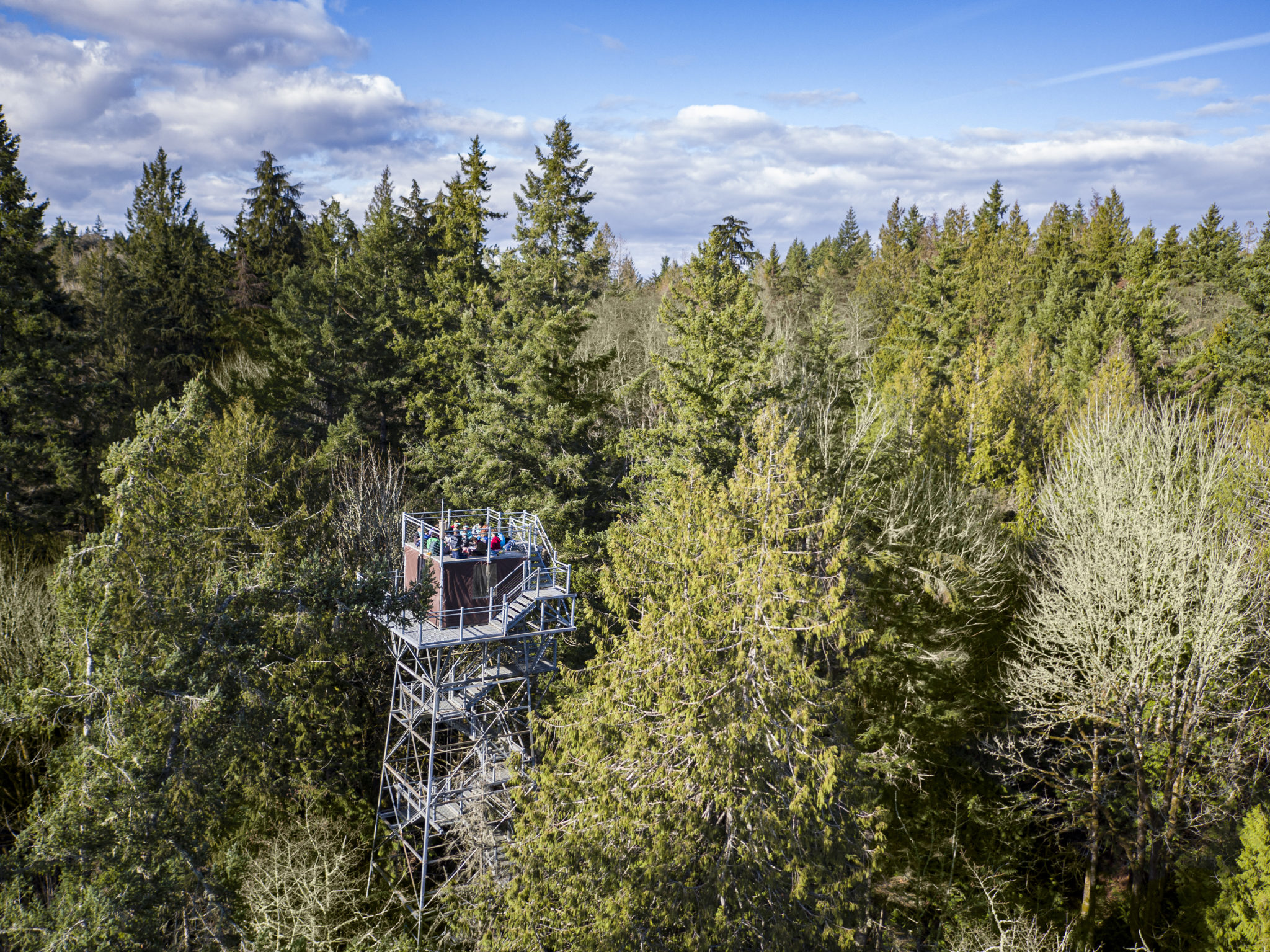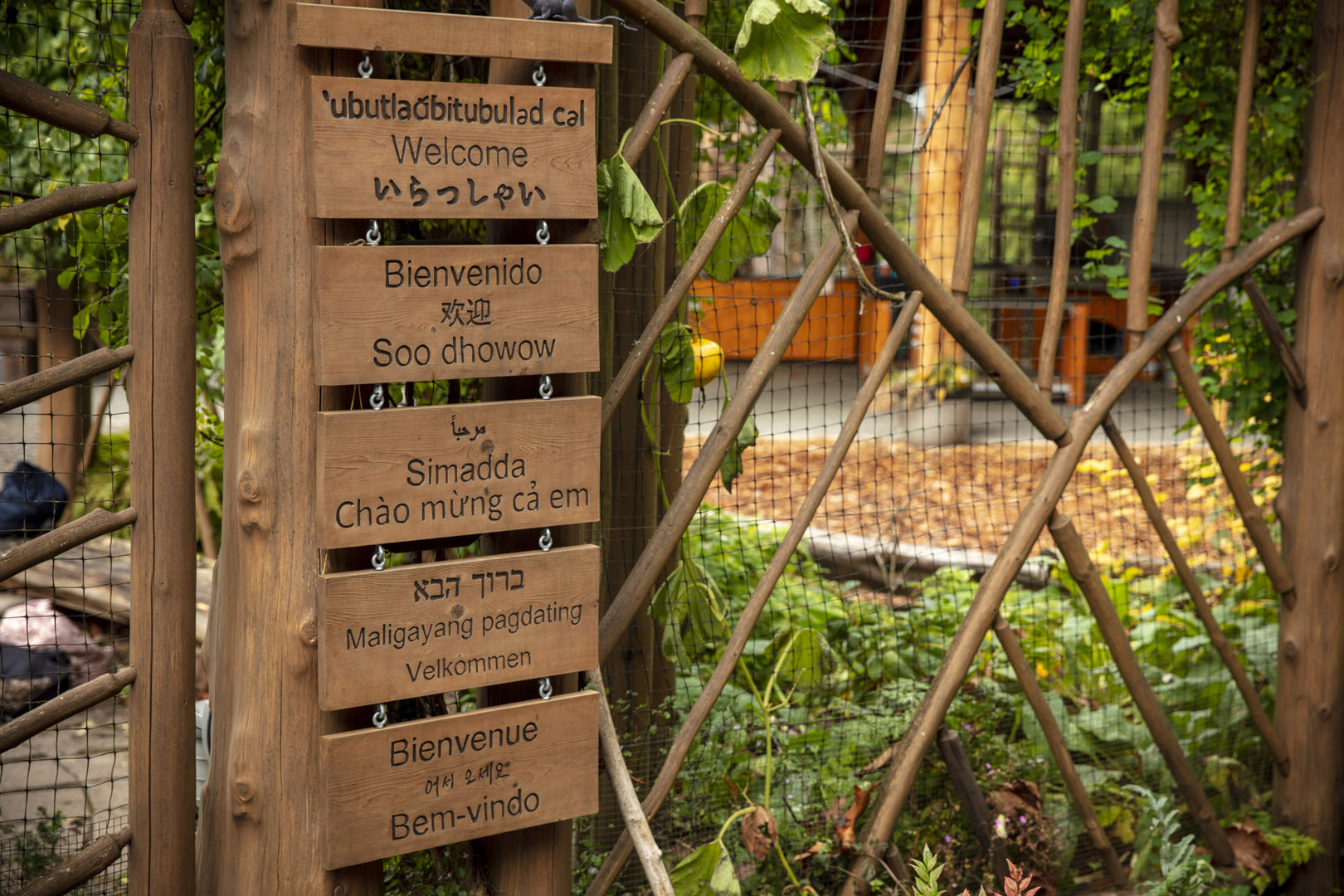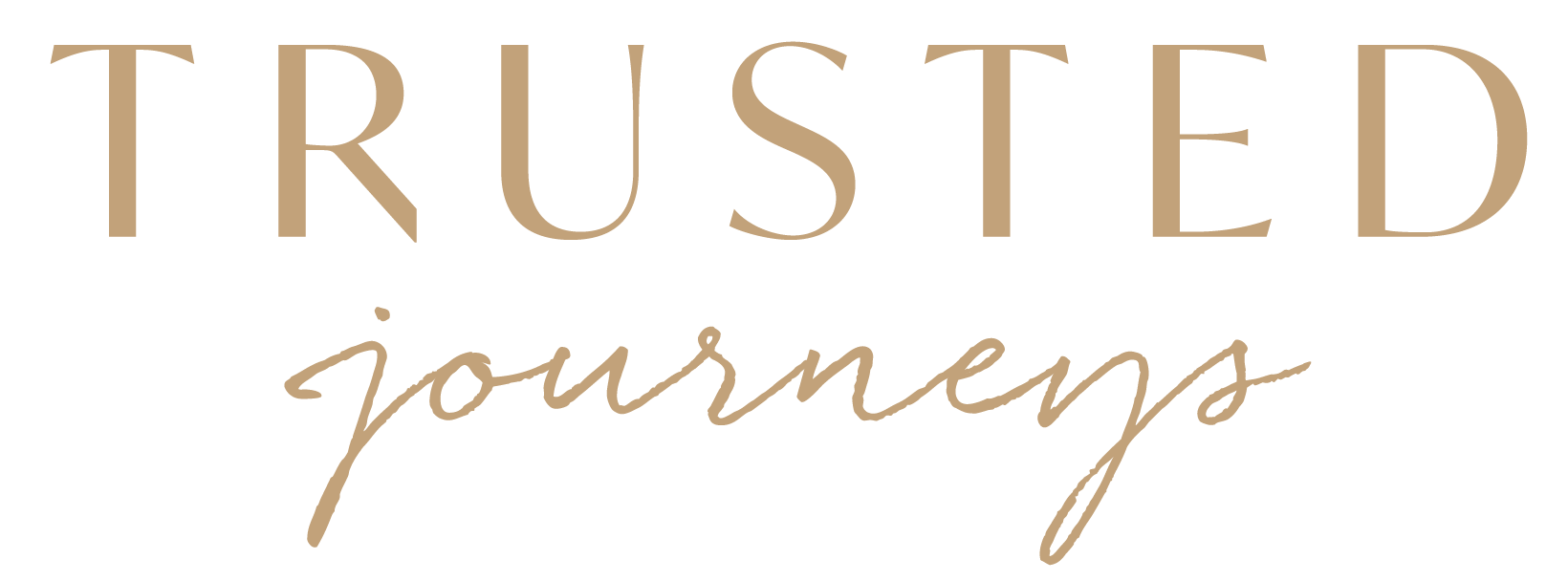Better Together: EFT and IFS
Better Together: EFT and IFS
Lori Marchak, ICEEFT SUPERVISOR and certified ifs therapist
With Jennifer FIEBIG, Ifs assistant trainer
Experiential Workshop, Thursday-Sunday, February 8-11, 2024
IslandWood Retreat Center, Bainbridge Island, Washington
and On-Line, Sunday afternoon, February 4, 2024
21 NBCC Credit Hours for Mental Health Professionals
Limited to 35 Participants
Are you an Emotionally Focused Therapist who is intrigued with the Internal Family Systems model? An IFS therapist who would like to offer a more loving and co-regulating presence for your clients? Do you want to explore the cutting edge of psychotherapy, grounded in neuroscience? Come join us as we expand our therapist presence and skills while integrating both models and beyond.
IslandWood is a 250-acre retreat center in Puget Sound, a 30-minute ferry ride from downtown Seattle. Spend time set aside each day to enjoy the forest, meadow, pond, and sea. Time in nature supports deeper connection with oneself, others, and the learning material. Enjoy creative, delicious, and sustainably sourced meals in the dining room. Sleep and socialize in elegant, rustic, and comfortable lodges.
We’ll celebrate all that EFT and IFS models have given us and honor the challenges they present us. We will see, hear, and appreciate each other for our accomplishments and struggles. Through experiential learning, we will grow our connection with our own selves and nervous systems by grounding in both models, simultaneously.


Emotionally Focused Therapy (EFT), developed by Sue Johnson, continues to expand in recognition and popularity. It is perhaps the most respected and most empirically supported model of couple therapy. EFT is increasingly appreciated as a general model of psychotherapy for individuals, families, and groups.
At the same time, Internal Family Systems, developed by Richard Schwartz, is spreading at lightning speed, not just in the psychotherapy world, but across a wide range of professional disciplines.
IFS and EFT have fundamental similarities. Both are radically de-shaming, seeing “negative symptoms” as positive attempts to maximize belonging. In both models, therapists work experientially, learning to deeply attune, resonate, and respond to the client’s moment-to-moment experience.
Yet IFS and EFT have fundamental differences. EFT prioritizes the attachment relationship, beginning with an attachment relationship between the client and therapist as the primary source of healing. IFS assumes the existence of an intact, infinite, and spiritual Self within each of us, and prioritizes one’s own Self as the primary source of healing. From a client perspective, EFT and IFS sessions feel very different. With lack of collaboration between model leaders, practitioners who are attracted to both models can become lost and confused while attempting to bring them together.
This experiential workshop helps clinicians clarify what is the same, but said in a different language, and what truly differentiates the Emotionally Focused Therapy and Internal Family Systems models. It shows clinicians how they can playfully, creatively and powerfully integrate these models in a manner that resonates with their own parts and Self. This workshop focuses on teaching and practicing new, emergent concepts and techniques that arise when working from both the EFT lens and IFS lens simultaneously. These include cultural burdens and attachment, encounters with parts, developing the ability to say “no” before “yes,” encouraging mistrust, and working with ANS states and protection around those states.
We will create an intimate, accepting and caring container. From there, we will encourage our parts to be seen, validated, and supported as they resonate with and react to different ways of working more powerfully with our clients. We will emerge with more clarity and understanding of ourselves and how we want to approach our clinical work. We will be encouraged to be open and creative while learning and appreciating existing models.
Better Together has been approved by NBCC for NBCC credit. Trusted Journeys, Inc. is solely responsible for all aspects of the program. NBCC Approval No. SP-4413.
IslandWood is a non-profit environmental education campus on Bainbridge Island, an iconic ferry ride from downtown Seattle. IslandWood preserves six different natural ecosystems, offers miles of trails, and a variety of activities for exploring nature. A sustainably-built infrastructure offers a variety of meeting, lodging, and activity spaces to support learning, creativity, and community building.
Appreciate inspired, organic, and delicious meals cooked by IslandWood’s chefs, catered to vegan, gluten-free, and other special dietary needs. Stay in one of three lodges, choosing from a variety of room types. Relax in your lodge’s great room to warm by the fireplace, read, play games, and connect.
To get to IslandWood, fly into SeaTac airport, Seattle. Take the lightrail from SeaTac north to the Pioneer Square Station. From there, walk downhill to Seattle’s downtown ferry terminal and catch the ferry to Bainbridge Island. On Bainbridge Island, you can take the group shuttle, or use one of several local transportation options. IslandWood is less than 5 miles from the ferry terminal. For detailed travel directions, see below.



Lori Marchak, MS, Ph.D, LMFT, LCPC
Lori is an ICEEFT Therapist, ICEEFT Supervisor, and Certified IFS Therapist. A deeply experiential therapist, Lori has been at the forefront of bringing both EFT and IFS to the State of Montana. Lori has trained for over a dozen years in EFT, and is a founding member and training director for the Montana Community for EFT. Lori has worked closely with several EFT trainers, and has provided joint trainings with Roy Hodgson in Seattle and Debi Scimeca-Diaz in New Jersey. She led a Bozeman-based group practice grounded in IFS as well as EFT.
Lori’s clients travel from all over the country and internationally to work with her in three-day intensives designed to bring healing and transformation. Lori specializes in working with complex and generational trauma. Lori is passionate and gifted as a couple therapist, and finds intensive work with individuals incredibly meaningful as well. She is known for her ease, safety, and warmth, as well as her strength and confidence as a guide through deeper, underlying material.
Jennifer Fiebig, LCPC
Jenny Fiebig is a professional counselor based in Durango, Colorado. Her private practice focuses on helping individuals and couples heal from trauma, and most specifically trauma related to outdoor accidents. Her first career was in outdoor education and guiding. While working with people for long periods of time in a wilderness setting, she found the profound connection people shared to self, to others and to the landscape they were traveling within. She went back to school to pursue a graduate degree in Mental Heath Counseling, was exposed to IFS while working for a group practice in Bozeman, MT and has deepened her knowledge in IFS ever since. Jenny is an Assistant Trainer with the IFS Institute and IFIO, an Approved IFS Clinical Consultant for Certification, and in training to become a Lead Trainer for the IFS Institute. Jenny is excited to be in a teaching role with IFS Institute to bring this model to more healers around the world.

More Details
Benefits of attending this event:
- Gain confidence in embracing and integrating both EFT and IFS models.
- Develop a clear understanding of the similarities and differences between two popular and powerful experiential therapies.
- Explore new, emergent concepts and techniques.
- Deepen your work beyond what either model can provide on its own.
- Become reinvigorated and re-inspired in your work
Learning Objectives
This workshop is designed to help clinicians
- Articulate the key similarities and differences between EFT and IFS.
- Translate between EFT and IFS terminology
- Experientially compare and contrast the IFS and EFT therapist stances
- Expand and deepen both the EFT and IFS models by bringing them together
- Appreciate cultural burdens in understanding attachment trauma
- Understand and practice the use of encounters in working with parts
- Assess, welcome, and engage with client mistrust of the therapist
- Apply more transparency and client collaboration
- Work with and receive support for your own parts
- Conceptualize working with ANS states and protection around those states
- Deepen confidence and skill in working with anger/fear, collapse, and dissociation
- Explain the neuroscience that supports an integrated model
- Observe live sessions in integrated EFT and IFS.
Lodging at Islandwood
IslandWood is an acclaimed educational and retreat center in Puget Sound.
Healthy and delicious meals will be provided, including dinner on Thursday, a continental breakfast, hot lunch, and dinner on Friday and Saturday, and a continental breakfast and to-go lunch on Sunday. Food from the outside is prohibited. IslandWood’s chefs specialize in accommodating special dietary needs.
IslandWood provides several options for lodging Thursday through Saturday evening, Choose from a single, double, or triple room, or a bunk bed in a room that sleeps four. Each guestroom has a private bathroom.
Schedule
All times are in Pacific Standard Time (PST)
Sunday, February 4 (On-line)
1:00-4:15 pm Workshop (On-line)
Thursday, February 8 (Bainbridge)
12:30 pm: Check in
2-5:30 pm: Workshop
6 pm: Dinner
Friday, February 9 (Bainbridge)
7:30 am: Continental breakfast
8:30-Noon: Workshop
Noon: Lunch
1-2:30 pm: Nature Break
2:30-6:00 pm: Workshop
6:00 pm: Dinner
Saturday, February 10 (Bainbridge)
7:30 am: Continental breakfast
8:30-Noon: Workshop
Noon: Lunch
1-2:30 pm: Nature Break
2:30-6:00 pm: Workshop
6:00 pm: Dinner
Sunday, February 11 (Bainbridge)
7:30 am: Continental breakfast
8:30-10:00: Nature Break and Room Check Out
10:00-1:45 pm: Workshop and to-go Lunch
2:00 pm: Departure
Prerequisites
Participants will need to have a solid understanding of the EFT model and have practice working with individuals in that model. Ideally, participants will have have completed an EFT Externship as well as EFT Core Skills. Comfort and extensive experience working with couples in the EFT model is not necessary.
Level 1 training in IFS is not a prerequisite for this training. However, participants will be expected to have some prior training and experience working with the IFS model. Links to on-line introductory IFS trainings and exercises will be provided on request for advance preparation for this workshop.
Getting to IslandWood
You’ll get off the train in an underground station. Take an elevator or escalator up to the street level. Exit onto Third Avenue, then down Columbia Street to the waterfront (10 min walk). Here’s a link to navigate by foot from Pioneer Square station to the Ferry Terminal at 801 Alaskan Way.
Follow the flow of people and the signs to catch a Bainbridge-bound ferry. Purchase a one-way ticket for less than $10. The return fare is no charge.
- The BI Ride is a bus service ($2.00 per person or an ORCA transfer) that will pick you up at the ferry and take you to IslandWood. We are planning to make this shuttle available for those coming in on the xxx pm ferry.
- Viking Cab: 360-244-4420
-
BI Ride: 1-844-424-7433
-
TOUR BAINBRIDGE – an excellent local company for booking transportation. https://www.tourbainbridge.com/
-
Lyft and Uber also work
Policies and Procedures
Confidentiality of Participant Information and Breaches of Confidentiality
Trusted Journeys, Inc. will ensure that participant information, including name, contact, and payment information, will be kept confidential. In the case of a breach of confidentiality, Trusted Journeys will contact the participant.
Program Complaints
If a participant or potential participant would like to express a concern about Lori Marchak or a continuing education program provided by Trusted Journeys, the individual may email Lori Marchak at trustedjourneys@gmail.com, Laura Spiller, drspiller@lauracspillerphd.com, training coordinator, or Tahlia Rainboldt, t.rainboltphd@gmail.com, training coordinator. Although we do not guarantee a particular outcome, Trusted Journeys will consider the complaint, make any necessary decisions, and respond within 30 days.
Fees, Refunds, and Cancellation
The fees, refund, and cancellation policy are located on the registration form, below.
Attendance
Credit will be given for live attendance only. Partial credit will be given based on hours in attendance, when the participant attends at least 6 hours of the live training.
Disclosure or Use of Client Information in a CE Program
Client information must not be disclosed by a presenter or participant unless proper informed consent has been obtained for use in a continuing education program.
